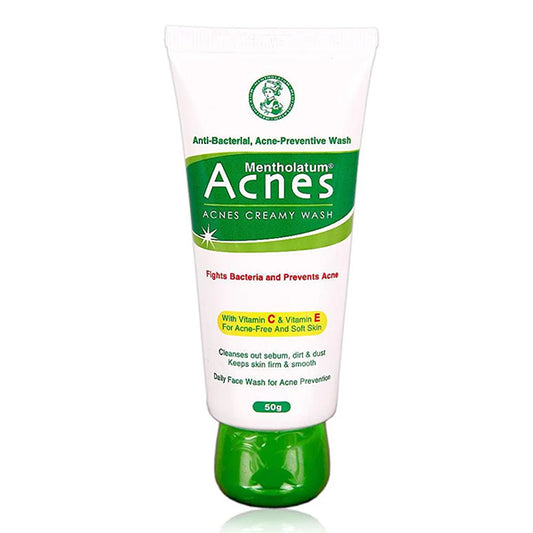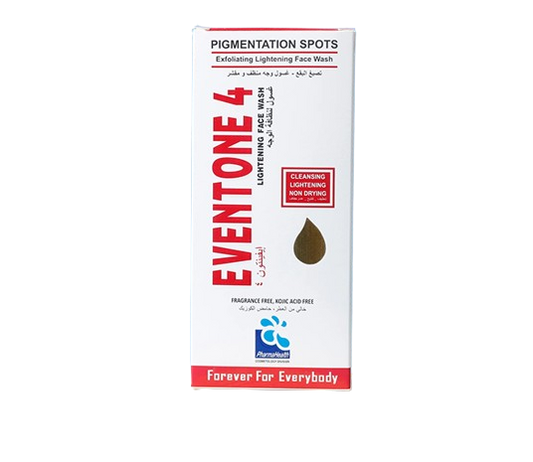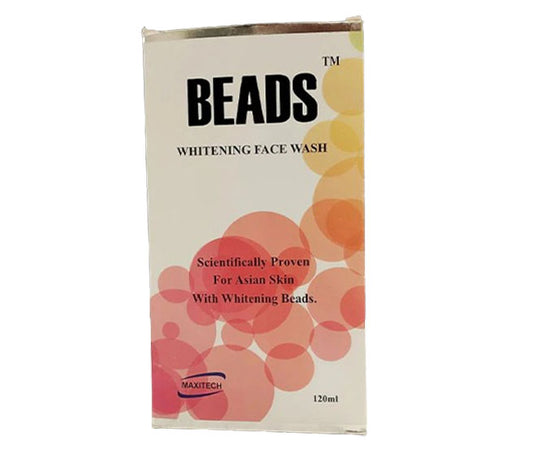Best Sunscreen
Do you want to protect your skin from the harmful UV radiation waves of the sun? If that’s the case,
remember to apply sunscreen every day.
My Store
Glutanex Nexus Pharma 1200mg Whitening Injections Korea | 10 sessions
Share
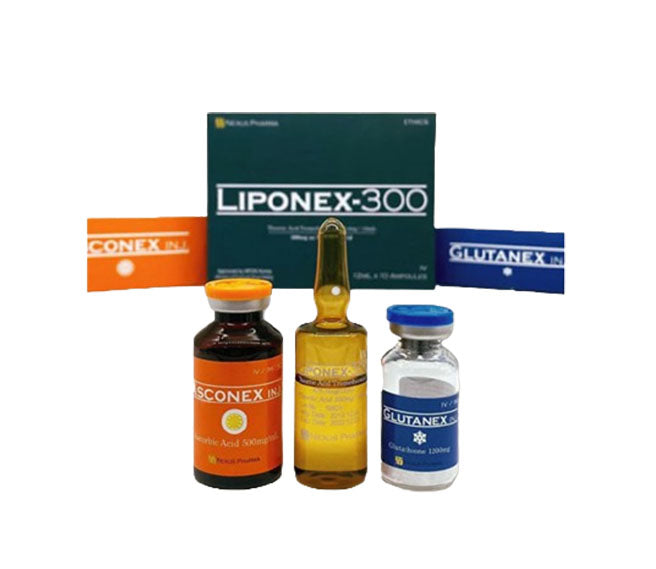
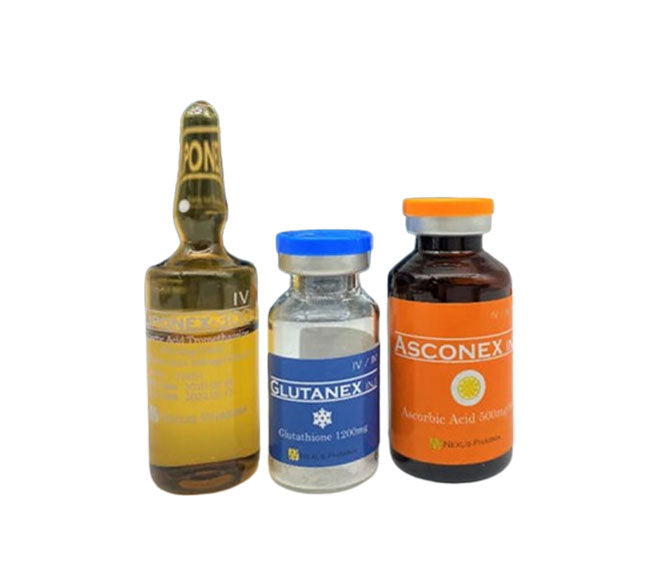
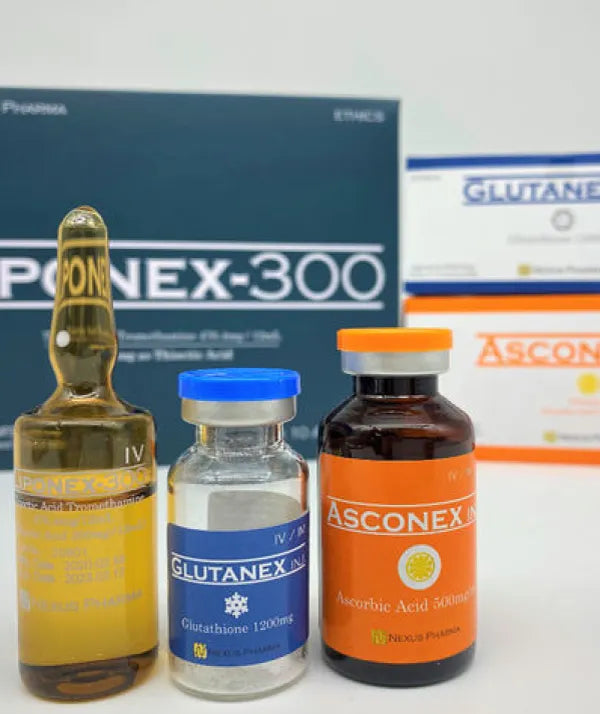
What is Sunscreen?
Sunscreen is a vital product that guards the skin from the dangerous UV rays of the sun. You can find
sunscreens in several forms like creams, lotions, gels, sprays, and sticks. This topical product works by
mixing organic and inorganic ingredients to absorb and block UV rays, stopping them from seeping into
the skin and causing damage.
What Does Sunscreen Contain?
Sunscreens are made of several effective ingredients.
-
SPF
SPF works to mitigate the instant damage that UVB rays may cause, which can result in redness,
discomfort, and permanent skin damage. It does this by avoiding sunburn and sun damage.
Furthermore, by guarding the skin's DNA against UVB-induced mutations, consistent use of sunscreens
reduces the chances of skin malignancies including melanoma, basal cell carcinoma, and squamous cell
carcinoma, among others. SPF also helps to prevent photoaging, or premature aging, by minimizing the
appearance of fine lines, wrinkles, and dark spots caused by repeated exposure to UV light. -
UV Filters
Every sunscreen contains UV filters which play a major role in protecting the skin from harmful UV rays
of the sun. These filters, physical and chemical, are extremely important as they save you from sunburn
which is mainly caused by UV rays. It is also useful in reducing the chances of developing skin cancer like
melanoma by absorbing or blocking the UV rays of the sun before they seep into your skin cells and
damage them. Furthermore, UV filters aid in preventing photoaging, or premature skin aging caused by
extended UVA exposure and manifested as wrinkles, fine lines, and age spots. UV filters protect the skin
from UVA and UVB radiation, which helps to keep the skin tone balanced and avoid sunspots and
hyperpigmentation.
Advantages of Sunscreen
Applying sunscreen to your skin every day will allow you to enjoy the benefits listed here.
-
Protects the Skin Against Sunburn
Sunburn, which is characterized by redness, discomfort, and inflammation, is an immediate reaction to
overexposure to the sun, mostly from UVB rays. UV filters, which are present in sunscreens, soak up,
reflect, or scatter these dangerous rays to greatly lower the chance of being sunburned. Sunscreen helps
avert the pain, irritation, and possible skin damage that comes with prolonged sun exposure by avoiding
sunburn. -
Promotes an Even Skin Tone and Texture
Prolonged UV exposure can lead to hyperpigmentation, sunspots, and uneven skin tone by inducing a
surplus of melanin synthesis in the skin. By shielding the skin from the UV rays that cause the skin to
produce melanin, sunscreen helps avoid these problems. As a result, the complexion becomes more
luminous and even, free of discoloration and dark spots. -
Reduced the Possibility of Skin Cancer
The potential of sunscreen to lower the risk of skin cancer, including melanoma, basal cell carcinoma,
and squamous cell carcinoma, is one of its most important advantages. Long-term exposure to UV rays
may harm skin cells' DNA, which can result in abnormalities and the growth of malignant cells.
Sunscreen lowers the risk of skin cancer by protecting the skin cells from ultraviolet (UV) rays by either
preventing it or absorbing it. -
Reduces Aging Spots
Photoaging, also known as premature aging, is caused by UV radiation, especially UVA rays that may get
deep into the skin and destroy collagen. Fine lines, wrinkles, sagging skin, and hyperpigmentation can
be the potential outcomes of this damage. By protecting the skin from these damaging rays, sunscreen
allows you to prevent photoaging, preserving the skin's firmness and youthful appearance over time. -
Reduces Inflammation
UV radiation exposure to your skin can result in excruciating redness and irritation. This can be
particularly difficult for people who have skin conditions like rosacea or psoriasis. However, everyday
use of sunscreen reduces the risk of inflammation caused by UV radiation. -
Promotes Better Skin Health
By protecting the skin from UV rays damage, sunscreen contributes to the overall wellness of the skin.
Maintaining the skin's natural barrier role, minimizing moisture loss, and lowering the chance of
irritation and redness are all part of this. Sunscreen allows the skin to stay moisturized, robust, and
healthy by protecting it from the elements.
How to Choose the Right Sunscreen?
It is important to choose the right sunscreen for your skin type and texture. Follow these tips to get the right sunscreen for your skin.
1. It's essential to check if the sunscreen you are deciding to pick provides broad-spectrum
protection, which means it will block UVA and UVB rays. UVA rays cause deep skin penetration,
which raises the risk of skin cancer and contributes to premature aging. On the other hand, UVB
radiation is the primary cause of sun damage, which can ultimately result in skin cancer.
These sunscreens are an important choice for efficient sun protection since they offer complete
protection against these negative effects.
2. A sunscreen's SPF rating is a crucial consideration as it shows how well it will protect the skin against UVB radiation. Applying sunscreen with an SPF of at least or more than 30, which filters around 97% of the rays, is widely advised by professional skin specialists and dermatologists. SPF 50 and above provide marginally better protection, preventing roughly 98% of UVB rays. It's crucial to realize that no sunscreen can completely filter UV radiation and that using a higher SPF shouldn't mean skipping the first and ongoing application steps.
3. Selecting a sunscreen that is right for your skin type improves both its comfort and efficacy. Physical (mineral) sunscreens with titanium dioxide or zinc oxide are the best option for people
with sensitive skin since they are less prone to irritate skin. Gel-based or water-based
sunscreens are examples of hypoallergenic and oil-free formulations that are less likely to clog pores for people with oily or acne-prone skin. Sunscreens with additional moisturizers, such as
hyaluronic acid, glycerin, or ceramides, can keep dry skin hydrated. A well-balanced solution that moisturizes without being too oily or is ideal for skin that is oily and dry.
4. You can look for sunscreens that include additional effective ingredients to improve your skin.
By scavenging free radicals produced by UV exposure, antioxidants such as vitamins C and E can provide further defense against environmental harm. Calming ingredients that help decrease inflammation and relax the skin include niacinamide, aloe vera, and chamomile. Additionally, it's
a good idea to stay away from dangerous substances like oxybenzone and octinoxate,
particularly if you're worried about possible negative impacts on your health or the
environment, including damage to coral reefs.
Tips to Apply Sunscreen
In order to enjoy the benefits of sunscreen, make sure you are using it correctly.
- Make sure all exposed skin is fully covered with sunscreen. This implies that for full-body protection, an adult should use around one ounce or roughly the size of a shot glass of sunscreen. The efficacy of sunscreen is diminished when applied insufficiently.
- Wear sunscreen 15–30 minutes before going outdoors and allow it to fully adhere to your skin. This makes it possible for the active components to absorb completely and offer the best protection.
- If you are swimming, perspiring, or towel drying, apply sunscreen more often than every two hours. Reapplying sunscreen is necessary to keep it effective, even if it is water-resistant.
- Protect all exposed skin, including your scalp (particularly if you have receding hair), ears, neck,
backs of your hands, and even your feet. You should also apply a lip balm with enough SPF.
- Wear sunscreen first and let it settle in your skin for a few minutes before wearing makeup. Even
though cosmetic products can offer some extra protection, these products with SPF shouldn't be used as your main source of sun protection.
- It is vital to apply sunscreen every day, irrespective of the season or weather. Whether it is a gloomy or chilly day, UV radiation can still harm skin via clouds. To guarantee constant application, add sunscreen to your morning skincare regimen.
- Since UV rays may pass through windows, wearing sunscreen indoors is still advised if you spend a lot of time in your automobile or sit close to windows. Long-term damage can be caused by UVA rays, which are known to promote skin aging and can pass through glass.
FAQs
When should you reapply sunscreen?
It is crucial to reapply sunscreen after engaging in activities that include swimming, sweating, or
toweling off, as it loses its effectiveness after two hours. A product that blocks out water and UV rays
will say on the label that it works for 40 or 80 minutes before needing to be reapplied. Use all sun
protection products according to the directions.
Do sunscreens expire?
Yes, sunscreens, just like every other skin product, have an expiration date. However, keep in mind that
sunscreens that are frequently exposed to intense heat and sunshine for hours at a time, can also
reduce their shelf life and effectiveness.
Why is it recommended to wait 15 minutes to apply sunscreen?
Sunscreen takes time to fully absorb into the skin. Hence, it is advisable to apply it at least 15 to 20 minutes before you plan to go outside. Regardless of the type of sunscreen you use—chemical, mineral, or combination formula—this guideline will apply.
Featured collection
-
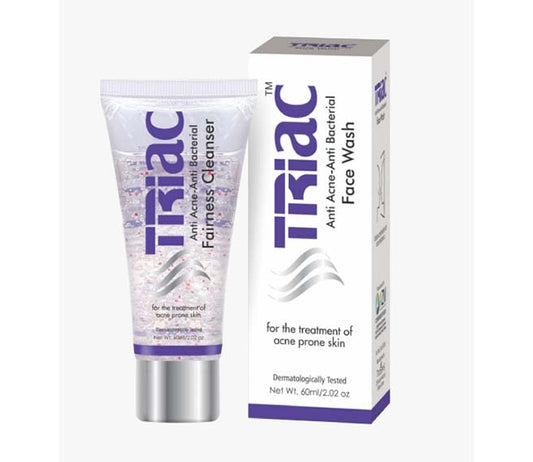 Sale
SaleTriac Facewash
Regular price Rs.715.00 PKRRegular priceUnit price / perRs.795.00 PKRSale price Rs.715.00 PKRSale -
Mentholatum Acnes Face Wash
Regular price Rs.841.00 PKRRegular priceUnit price / per -
Eventone Face Wash
Regular price Rs.1,410.00 PKRRegular priceUnit price / per -
Beads Whitening Face Wash
Regular price Rs.1,125.00 PKRRegular priceUnit price / perRs.1,250.00 PKRSale price Rs.1,125.00 PKRSale


